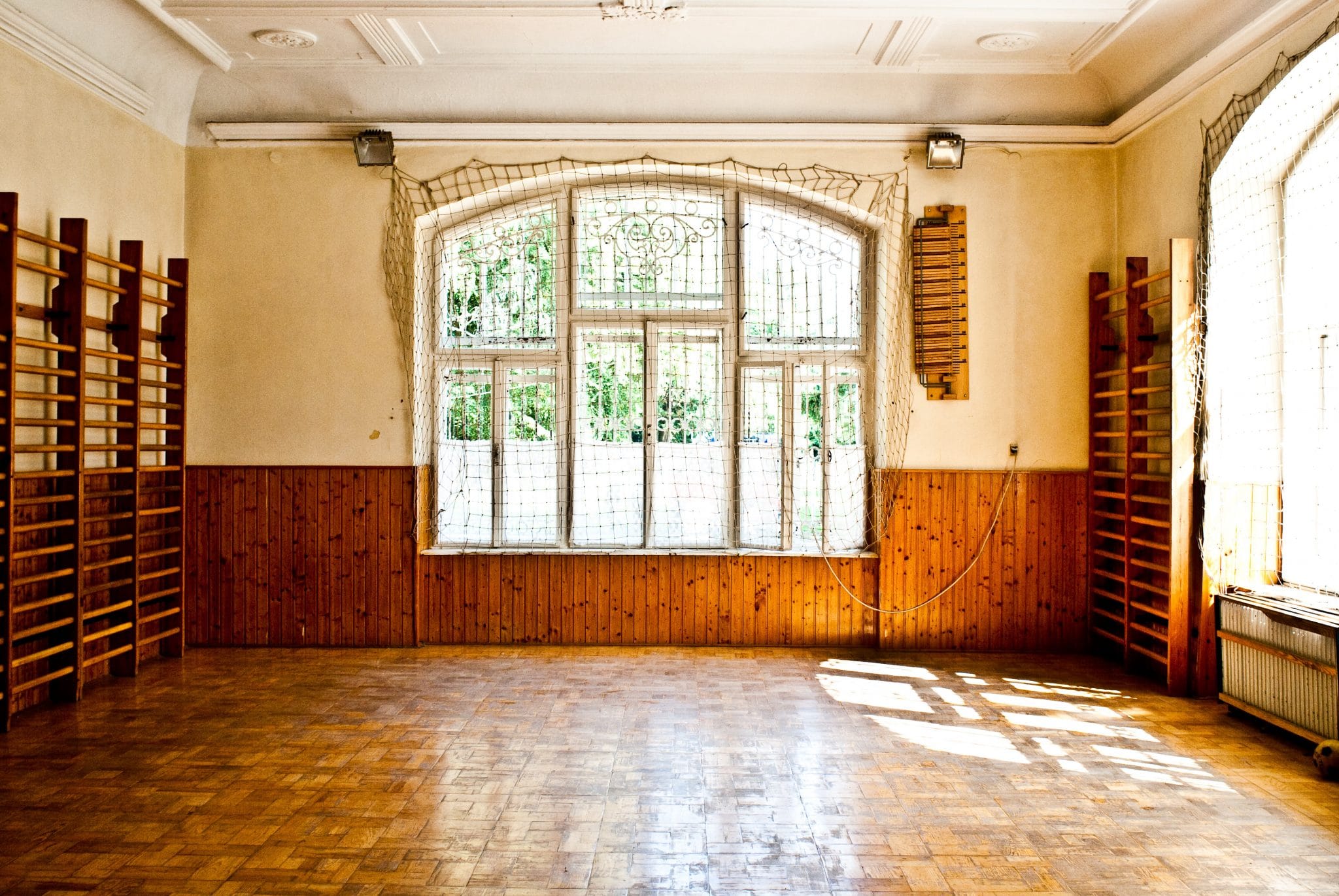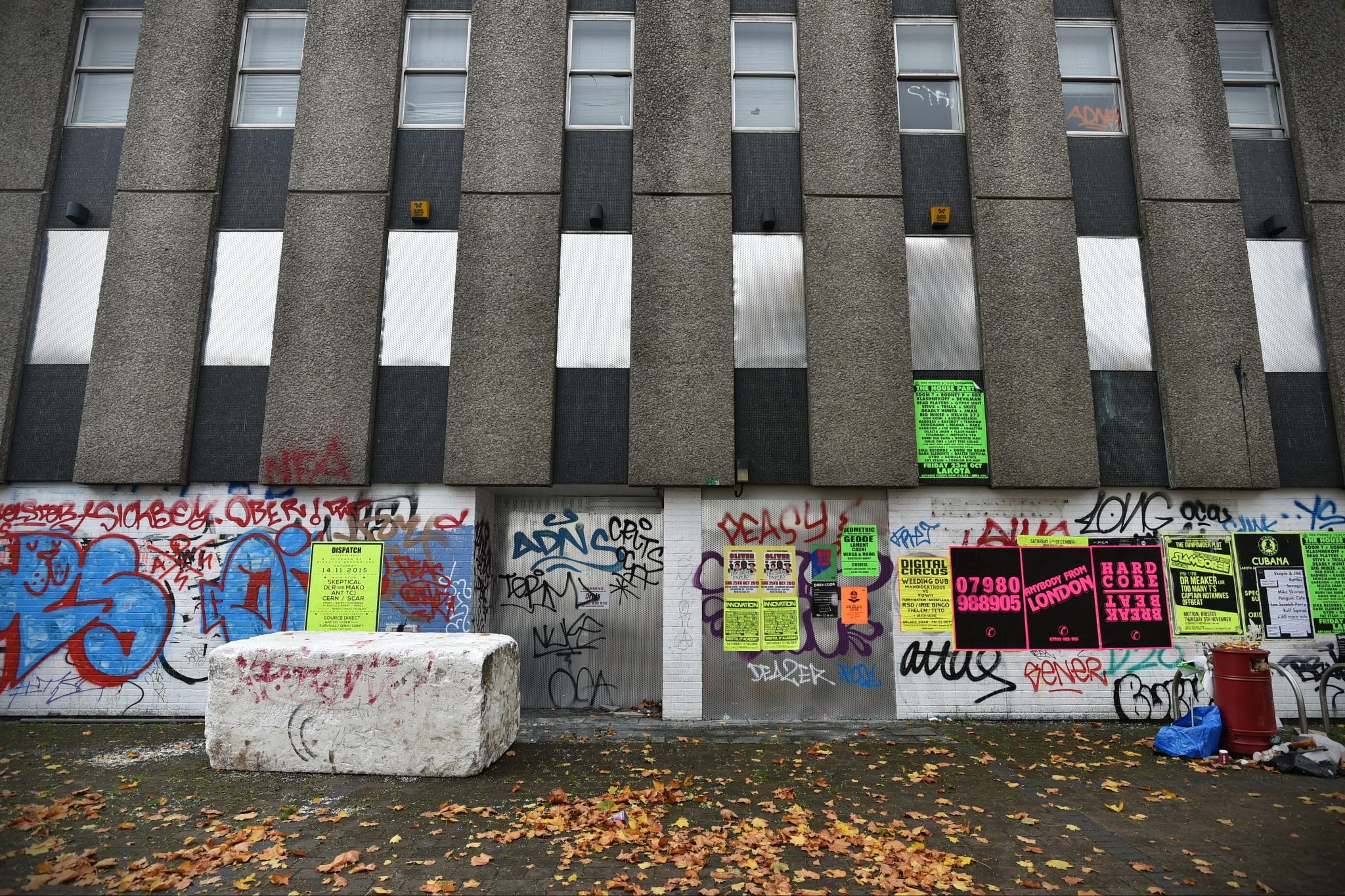
Disused educational buildings are playing an important role in offering housing solutions in the UK’s major towns and cities writes Rogier Donkersloot, Managing Director at DEX Property Management.
It’s no secret that over recent years across the UK, rents have been rising, pricing many out of the rental market in the country’s major cities. A report from 2018 by the Education Authority marked 27 schools for potential closure due to ‘sustainability’ issues for the period of 2018-2019. That’s a lot of empty building floor space across the country that could be utilised for housing. I believe property guardianship is a solution that makes economic and social sense. It’s an option that benefits both the property owner and those in need of affordable accommodation.
Vacant School Buildings – The Risks
Empty schools or university buildings following closures or awaiting refurbishments are susceptible to break-ins, structural damage and squatting. Property guardians can help to mitigate building damage and ensure a steady stream of people are seen entering and leaving the property. With over 32,000 schools in the UK, I believe the concept of guardianship is the future for schools undergoing renovation or remaining empty due to closures.
Property guardianship is not a new concept to the education sector; a recent news story suggests it is increasing in prevalence. LocatED (a government led initiative to find sites for free schools) recently revealed that appropriate school properties will be used for guardianship schemes. At DEX, we have a wealth of experience in the education sector. We have placed property guardians in a variety of school buildings including religious school properties with stunning architecture as well as state schools. Guardianship isn’t confined to school buildings in London either; the demand for commercial and educational buildings across the country is increasing. Recent buildings converted for guardianship under our watch include properties based in Plaistow, Dagenham and Torquay.
Why Vacant School Buildings Make A Good Match For Property Guardianship
Schools are often well equipped for hosting property guardians thanks to built-in toilet facilities, showers and kitchens. DEX can usually have a building fit for guardians within just 10 days of conducting a site visit and providing a bespoke report on works to be undertaken. With schools, the turnaround time for making a building inhabitable is often fast.
Thanks to their good transport links and often central locations, schools are often sought after by property guardians. Should a school face a sudden closure, we can usually place an emergency guardian in the building usually within just 24 hours. In 2011, it was estimated there were 20,000 squatters in the UK, but eight years on it is likely this figure has risen significantly. Large public buildings are often attractive to squatters who may view commercial property as an easy prospect due to lack of occupancy.
There’s also the question of empty public buildings. Many local authorities could benefit from demonstrating accountability – empty school buildings don’t demonstrate responsibility. Since many schools are in residential areas, it can prove unattractive to local communities to board up large properties, leaving them dilapidated.



